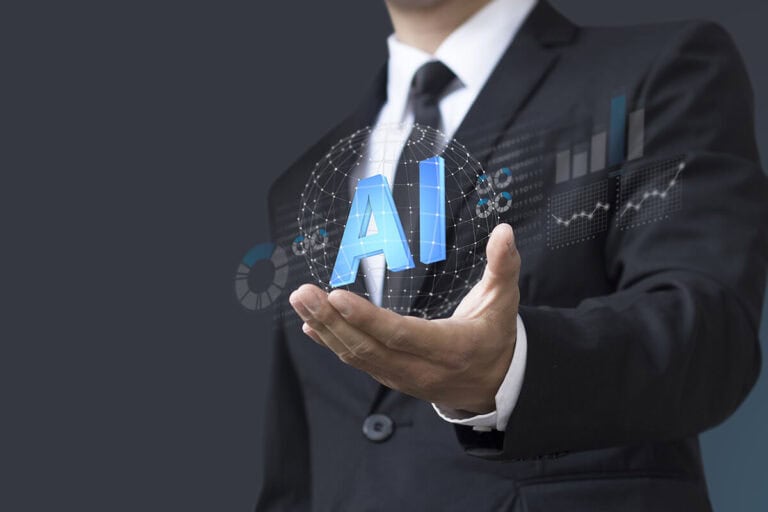Key Highlights
- Artificial intelligence (AI) can streamline your procurement processes, enhance decision-making, and improve operational efficiency.
- AI applications in procurement include spend analysis, supplier selection, contract management, and demand forecasting.
- AI can reduce manual tasks and human error, automate routine processes, and improve accuracy and precision in procurement operations.
- Implementing AI in procurement leads to cost savings, improved risk management, and better supplier relationships.
- Successful integration of AI into your procurement operations requires strategic planning, skills development, and the ability to address system compatibility and data quality challenges effectively.
Table of Contents
ToggleIntroduction
The critical purchases your company makes and how it makes them affects all other business operations. Your company needs to execute best practices across the entire procurement function, from procurement decisions and supplier negotiations to management of purchase orders. Artificial intelligence (AI) can help.
AI is disrupting almost every type of business and market around the world. AI is also improving procurement at a growing number of enterprises by streamlining operations and enhancing decision-making. AI-powered capabilities such as machine learning (ML) and robotic process automation (RPA) are improving efficiency and enabling better supplier selection processes.
AI can help your procurement teams optimize spend classification and analytics, streamline contract management, and drive sustainable procurement practices. Embracing AI technologies in the world of procurement can enhance corporate responsibility and achieve environmental sustainability goals.
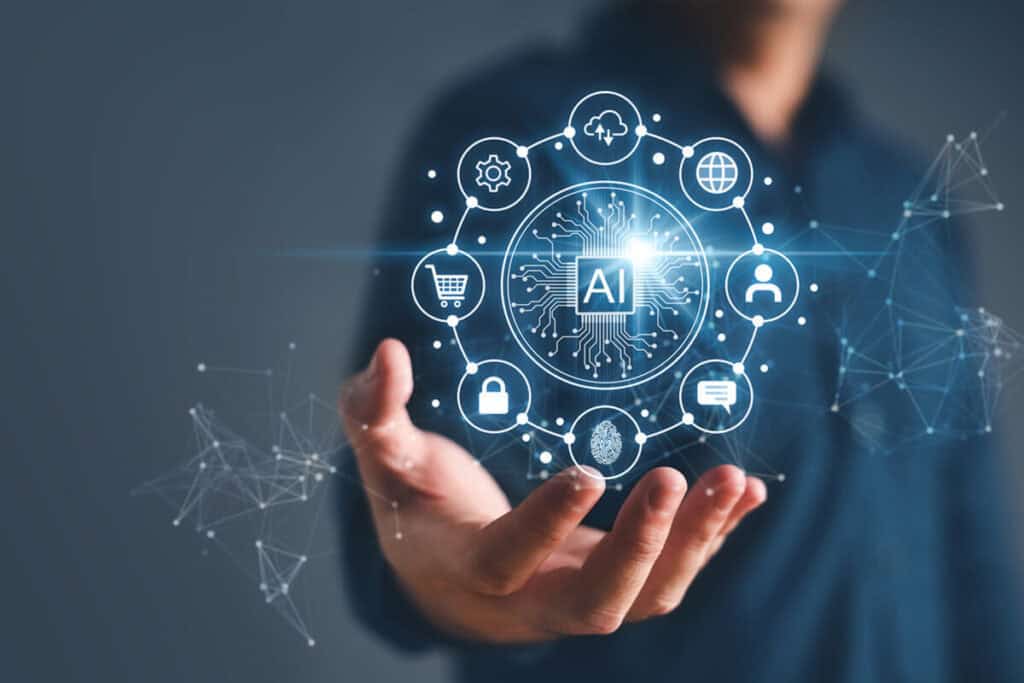
Exploring the Roles of Artificial Intelligence in Modern Procurement
Artificial intelligence in procurement is transforming traditional practices and processes. These changes are driving both greater operational efficiency and growing demand for modern procurement software. According to a Statista study cited by Procurement Tactics, AI will help grow the procurement software market to $126 billion by 2025.
The potential benefits are compelling. AI technologies such as ML and natural language processing (NLP) enable procurement professionals to automate routine tasks, analyze large amounts of data, and make data-driven decisions. AI for procurement can help your organization streamline operations, improve accuracy, and optimize resource allocation.
AI’s ability to process and analyze data at a faster pace than humans allows procurement teams to focus on strategic initiatives and higher-value activities. AI-enabled procurement improvements can lead to cost savings, greater operational efficiency, more effective risk management, and more positive perceptions of your company.
As AI continues to modernize and transform the procurement industry, you and your colleagues need to understand and monitor the forces driving that transformation. This will help you to identify and pursue opportunities to bring and maximize the benefits of AI-enhanced procurement to your organization.
The Impact of Artificial Intelligence on Procurement Fundamentals
The implementation of AI in procurement has a significant impact on fundamental procurement practices. AI technologies enhance supply chain management by automating processes, analyzing data, and improving decision-making. AI-driven spend analysis enables organizations to gain insights into their spending patterns, identify cost-saving opportunities, and optimize procurement strategies. AI-powered predictive analytics allows procurement teams to forecast demand more accurately, optimize inventory management, and make more and better data-driven decisions.
By leveraging AI in these fundamental areas, your organization can achieve greater efficiency, cost savings, and strategic value in all of its procurement operations. These benefits can translate into more and better supplier relations and improved perceptions of your company among current and prospective customers and partners.
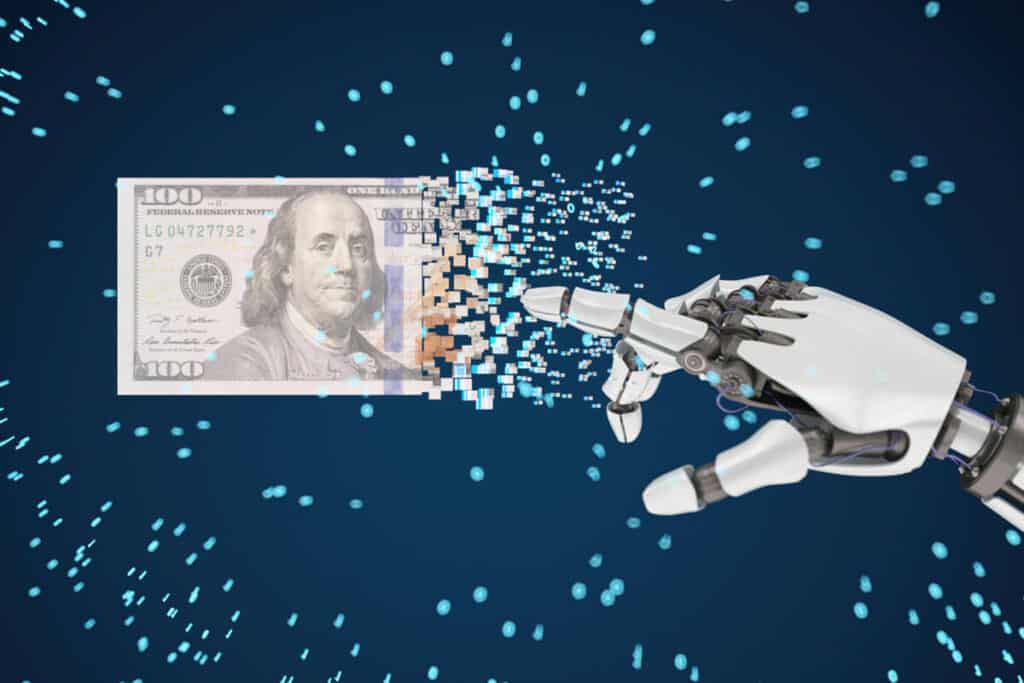
More and Better Spend Analytics with AI
Successful procurement efforts succeed without exceeding budgetary constraints and expectations. This makes spend analysis critical to overall procurement success.
Traditionally, spend analysis for procurement involved manually categorizing and analyzing large volumes of data. This made spend analysis a time-consuming, error-prone, onerous task. AI-powered spend analytics tools can automate this process, enabling organizations to analyze vast amounts of data quickly and accurately. ML algorithms can recognize patterns and anomalies within the data, providing valuable insights for strategic decision-making and pattern recognition.
By leveraging AI-enhanced spend analytics can help your organization to identify cost-saving opportunities, optimize supplier relationships, and improve overall procurement efficiency. The ability of AI to process and analyze vast amounts of spend data, serves as a starting point for your procurement teams to make more effective and data-driven decisions and to focus more on higher-value activities. AI can help your organization improve its spend management and its procurement outcomes.

Enhancing Supplier Selection through Intelligent Algorithms
AI-powered Intelligent algorithms can analyze procurement data, supplier performance metrics, and market trends to identify the most suitable suppliers for your specific requirements. AI-driven supplier selection tools automate the evaluation of supplier capabilities, track supplier performance, and provide real-time insights for supplier relationship management.
AI-enhanced supplier selection and management can help your organization to improve supplier quality, reduce risks, and enhance overall procurement performance. The integration of AI into your supplier selection efforts means your procurement teams can make informed decisions based on data-driven insights. These can lead to better collaborations and negotiations with current and new suppliers, cost savings, and improved procurement outcomes, ultimately enhancing supplier risk management.
Advanced Applications of Artificial Intelligence in Procurement
Beyond fundamental procurement practices, AI can add value to more advanced procurement-related activities. ML algorithms can help to streamline your contract management processes. AI-powered RPA can automate repetitive tasks such as invoice processing and data entry, allowing your procurement professionals to focus on more strategic activities. These and other advanced AI-enabled procurement tasks can help your organization to improve contract management, enhance process efficiency, and drive overall procurement performance.
Streamlining Contract Management with AI Tools
AI-powered contract lifecycle management (CLM) tools enable organizations to streamline the entire contract lifecycle, from contract creation and negotiation to renewal and termination. These tools leverage AI technologies such as ML and NLP to automate contract analysis, extraction, and monitoring.
AI-powered CLM tools can extract key information from contracts, such as terms and conditions, payment schedules, and performance metrics, and provide real-time insights for more effective contract management. Such features can help your business improve operational efficiency, reduce risks, and enhance overall procurement performance, ultimately reducing cycle times and increasing productivity.
AI for More Accurate Demand Forecasting
AI-powered predictive analytics tools can analyze historical sales data, market trends, and external factors to help you and your colleagues make more comprehensive and accurate demand forecasts. Better forecasts can help your business optimize inventory levels, reduce stock-outs and overstocks, and improve overall supply chain efficiency.
AI algorithms can identify patterns and trends within the data, enabling your procurement teams to align procurement strategies and activities with anticipated ebbs and flows in demand. Accurate demand forecasting powered by AI enables your organization to optimize your procurement processes, reduce costs, and enhance overall operational efficiency.
Operational Efficiency and Error Reduction
AI implementation in procurement significantly improves operational efficiency and reduces errors. By automating manual tasks and streamlining processes, AI enhances the overall efficiency of procurement operations. AI technologies, such as robotic process automation, enable organizations to automate repetitive tasks, reduce manual efforts, and improve accuracy. This automation leads to increased process efficiency and cost savings.
Additionally, AI algorithms and predictive analytics tools can identify errors or anomalies in data, reducing the risks of human errors and improving overall data accuracy. Reducing human errors can improve the accuracy and efficiency of your procurement efforts and increase the job satisfaction of your procurement team members. AI-powered enhancements to your organization’s operational efficiency and error reduction, can drive productivity, improve process effectiveness, and achieve better procurement outcomes.
Automating Routine Tasks to Focus on Strategic Decisions
AI enables procurement teams to automate routine tasks, freeing up time for strategic decision-making. By automating manual tasks, such as data entry, invoice processing, and supplier onboarding, AI allows procurement professionals to focus on value-added activities and strategic initiatives. This automation improves operational efficiency, reduces human errors, and enhances overall productivity.
With AI handling routine tasks, procurement professionals can dedicate their time and expertise to strategic decision-making, supplier relationship management, and cost-saving initiatives. This shift can contribute to greater employee satisfaction and increase retention of valuable team members who are difficult and expensive to replace. By leveraging AI to automate routine tasks, organizations can optimize resource allocation, drive innovation, and achieve better procurement outcomes, including ensuring compliance with payment terms.

Improving Accuracy and Minimizing Errors in Procurement Processes
One of the key benefits of implementing AI in procurement is the improvement in accuracy and the reduction of errors in procurement processes. AI tools leverage advanced algorithms and machine learning capabilities to analyze data, identify patterns, and make data-driven decisions.
By automating manual tasks, AI reduces the risks of human errors and improves overall data accuracy. This accuracy leads to improved decision-making, enhanced supplier selection, and better contract management. AI also minimizes errors in data entry, invoice processing, and other routine tasks, improving process efficiency and reducing operational risks. By leveraging AI to improve accuracy and minimize errors, organizations can achieve better procurement outcomes, reduce costs, and enhance overall procurement performance.

Getting Over the Challenges of AI Integration
While AI offers your procurement efforts numerous benefits, your organization need to navigate certain challenges for effective AI-procurement integration. Ensuring data quality is crucial for the success of AI implementation. Your teams need to address data inconsistencies, errors, and biases to ensure accurate analysis by AI algorithms. Your organization needs to establish data governance practices, ensure data cleanliness, and address any data quality issues before implementing AI. Data security is a significant part of this challenge especially where personal, private, or proprietary information is concerned.
System compatibility is another challenge. Your chosen AI tools must integrate seamlessly with incumbent procurement software and systems. You and your colleagues must assess system compatibility, identify any potential integration issues, and develop strategies to address them. Otherwise, you risk creating disconnected silos of information that can lead to inconsistent or ineffective procurement efforts.
Finally, your people must be prepared for change. Your AI implementations may require re-skilling or up-skilling of your procurement professionals to maximize business value. And stakeholders affected by any AI deployments must be kept informed throughout the implementation process and beyond.
Your organization needs to provide comprehensive training, education, and outreach programs to enhance employees’ understanding of AI and its applications in procurement. Change management strategies should be implemented to address any resistance or apprehension towards AI adoption. By effectively managing organizational change and employee adaptation, your organization can ensure a smooth transition to AI-driven procurement processes and maximize the potential benefits of AI integration.
By addressing these challenges, your business can successfully integrate AI in procurement and harness its full potential, while also ensuring ethical use and compliance with data privacy regulations.
Developing Skills and Expertise in AI-Driven Procurement
To maximize the benefits to your business of AI-procurement integration, your procurement professionals need to enhance their understanding of AI technologies, ML algorithms, and data analytics. Training programs should be provided to develop proficiency in using AI tools and platforms for procurement processes. Continuous learning and improvement initiatives should be implemented to keep up with emerging AI trends and technologies. By developing skills and expertise in AI-driven procurement, and enabling and promoting continuous learning, your organization can enhance its competitive advantage, drive innovation, and achieve better procurement outcomes.
Training Teams for Effective AI Use
Training procurement teams for effective AI use is essential to ensure successful AI integration and adoption. Organizations should provide comprehensive training programs to enhance procurement professionals’ understanding of AI technologies, machine learning algorithms, and data analytics. Training should cover the use of AI tools and platforms for various procurement processes, such as spend analysis, supplier selection, and contract management. Procurement professionals should be equipped with the knowledge and skills to effectively leverage AI in their day-to-day activities. By training teams for effective AI use, organizations can enhance their procurement capabilities, drive innovation, and achieve better procurement outcomes.
Overcoming the Skills Gap in AI Implementation
The rapid advancement of AI technologies has created a skills gap in the procurement industry, where there is a shortage of professionals with expertise in AI and data analytics. Your organization may need to invest in training and up-skilling your procurement professionals to bridge this skills gap. Developing a talent pipeline of AI-savvy procurement leaders and professionals is essential for successful AI implementation. Addressing the skills gap proactively can ensure the effective use of AI in procurement for your business.
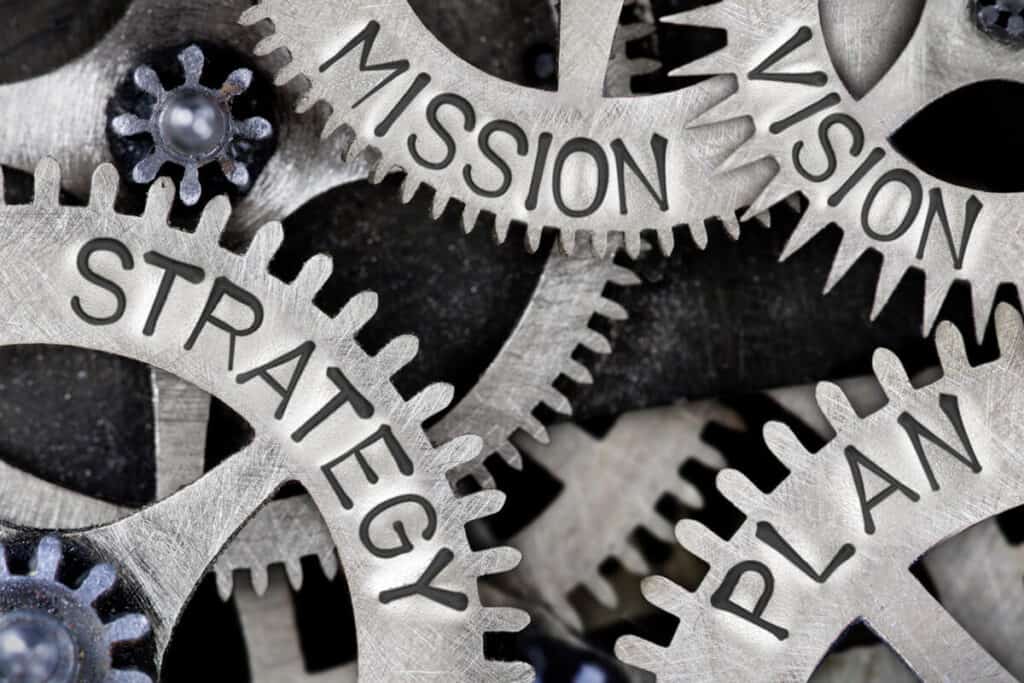
Strategic Planning for AI Implementation
Your organizations need to develop a clear roadmap and strategy for AI deployment in its procurement processes. This includes identifying key areas where AI can have the most significant impact, such as spend analysis, supplier selection, and contract management. You and your colleagues should align each candidate AI implementation with your overall procurement strategy closely to ensure congruence and maximize the benefits of AI integration.
Identifying Key Areas for AI Deployment in Procurement
To succeed with AI in procurement, you must carefully assess your procurement operations and identify areas where AI can have the most significant impact. This includes areas such as spend analysis, supplier selection, contract management, and demand forecasting. By identifying and focusing on one or more of these key areas, you can prioritize your AI implementation efforts and allocate resources accordingly.
Setting Realistic Goals and Expectations for AI Outcomes
Before pursuing any implementation of AI in procurement, you must clearly define the expected benefits and outcomes of that implementation. Clear, realistic goals ensure that your colleagues and stakeholders clearly understand what AI can achieve and avoids unrealistic expectations. Achievable goals will let you credibly measure and demonstrate the success of AI implementation, track its progress, and continuously improve your AI-driven procurement processes.

The Future of Procurement with AI Integration
The integration of AI in procurement is shaping the future of the procurement industry. AI technologies are advancing rapidly, enabling organizations to achieve greater efficiency, accuracy, and strategic value in procurement processes. The future of procurement with AI integration includes further advancements in automation, predictive analytics, and intelligent decision-making. Embracing AI-procurement will give your organization a competitive edge in the market, as you and your colleagues leverage AI-powered insights to optimize procurement operations, enhance supplier relationships, improve decision-making, and drive more effective and sustainable procurement practices.
AI’s Evolving, Expanding Roles in Procurement
AI’s roles in procurement will continue to grow and evolve for the foreseeable future. AI will continue to help transform procurement operations, drive innovation, and improve decision-making. Advancements in AI technologies will result in increased automation, enhanced data analytics capabilities, and improved accuracy in procurement processes.
The integration of AI with emerging technologies, such as blockchain and the Internet of Things (IoT), will enable organizations to achieve end-to-end visibility, transparency, and traceability across their supply chains and supplier ecosystems. These and other advancements will lead to more efficient, effective, sustainable, and strategic procurement practices.
Preparing for Next-Generation AI Technologies
To take full advantage of AI in procurement, you and your colleagues must prepare for and keep track of emerging AI technologies such as generative AI. Doing so is essential to keep your organization ahead of the AI-fueled procurement innovation curve.
You can expect continuing innovation in core AI technologies such as ML algorithms, NLP, intelligent automation, and predictive analytics. You can also expect new solutions for AI in procurement to appear from multiple sources and in multiple forms, and the emergence of “procurement as a service” offerings to reach companies with limited resources.
As AI technologies continue to evolve, you and your colleagues need to stay updated on the latest advancements and explore their potential for improving procurement at your company. This will help you proactively identify opportunities for innovation and continuous improvement in your procurement operations.
Artificial Intelligence for More Sustainable Procurement Practices
Leveraging AI for sustainable procurement practices is crucial for organizations aiming to drive corporate responsibility and environmental sustainability. AI can enable organizations to proactively assess the sustainability of suppliers, identify environmentally friendly alternatives, and optimize supply chain processes to reduce carbon footprint. By integrating AI into sustainable procurement practices, organizations can achieve cost savings, enhance supplier relationships, and contribute to a greener and more sustainable future. AI-driven insights can help organizations make responsible sourcing decisions, promote ethical practices, and align procurement strategies with environmental sustainability goals.
AI-Enhanced Procurement and Corporate Responsibility
AI integration in procurement can be a powerful ally as your company commits to and pursues responsible business practices. AI can help your team to assess and monitor suppliers’ social and environmental practices, to ensure alignment with your company’s corporate responsibility standards. AI can help you to identify suppliers with strong corporate responsibility records, establish transparent supplier relationships, and promote ethical practices across your supply chain.
AI-driven insights can also provide real-time visibility into supplier practices and actions.. This can help your team make informed decisions and contribute to sustainable and responsible procurement. AI-enhanced corporate responsibility efforts can help to build trust with stakeholders, drive positive social and environmental impact, and achieve a competitive edge in the market.
AI for Greater Environmental Sustainability in Sourcing
AI can play a crucial role in promoting environmental sustainability in sourcing. AI can help your organization analyze vast amounts of data related to your chosen and candidate suppliers’ environmental practices, carbon emissions, and sustainable sourcing alternatives. AI-powered insights can enable your organization to identify environmentally friendly suppliers, optimize transportation routes to reduce carbon footprint, and promote sustainable sourcing practices. AI technologies can also analyze historical data and market trends to identify potential risks and opportunities for sustainable sourcing. By integrating AI into your sourcing and supplier selection practices, your organization can help to drive environmental sustainability, reduce negative environmental impact, and contribute to a greener future.
Conclusion
AI offers multiple significant benefits to procurement efforts at your organization. AI technologies, tools, and features can reduce or eliminate manual tasks and human error with automation. AI can enhance your spend analytics, supplier selection, and operational efficiency. AI can also help your procurement teams streamline contract management, make more accurate forecasts, and increase focus on strategic decisions and higher-value tasks.
To achieve and sustain these benefits, your organization needs to develop skills and expertise in AI-enhanced procurement, and deepen knowledge and experience about data quality and system compatibility. Your procurement teams must also work closely with their IT and risk management counterparts to prevent AI-enabled procurement features or tools from increasing threats to your business.
As you build upon initial successes with AI in procurement, benefits to your business can expand to include better supplier relationship management, corporate responsibility, and environmental sustainability practices. Case studies that describe the AI-procurement integration efforts and results achieved at other companies can provide valuable insights throughout your AI journey. And who knows? Perhaps your AI-procurement integration journey may provide motivation, inspiration, and guidance for others as they pursue the benefits your company gains from that journey.
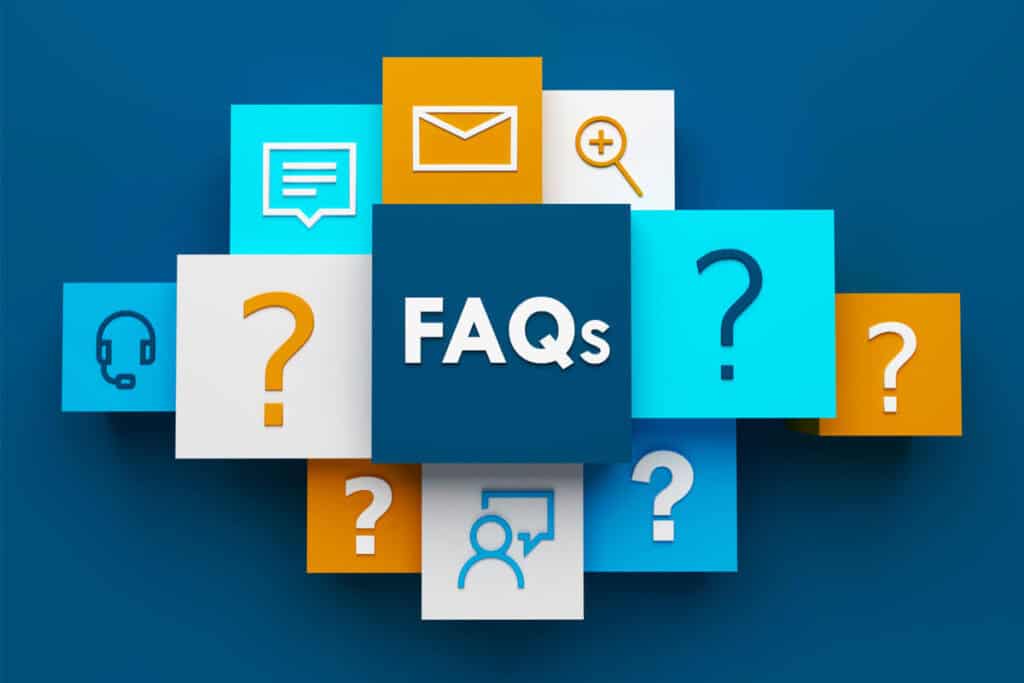
Frequently Asked Questions
How Does AI Transform Traditional Procurement?
AI transforms traditional procurement by automating manual tasks, enabling more, better, and faster data-driven insights, and enhancing decision-making. It improves operational efficiency, reduces costs, and enables procurement professionals to focus on strategic initiatives and value-added activities.
Can AI in Procurement Lead to Job Losses?
While AI automates routine tasks in procurement, it does not necessarily lead to job losses. Instead, it enables procurement professionals to focus on strategic activities and higher-value tasks. Workforce education, upskilling, and support are crucial as your business seeks to leverage AI in procurement.
What Are the Initial Steps to Adopt Artificial Intelligence in Procurement?
Your first steps toward AI deployment for procurement include strategic planning and identifying the areas where AI will likely deliver business value soonest. Then, as you identify and choose specific projects to pursue, you and your team must address data quality and system compatibility issues. Throughout your AI journey, you must provide training for procurement professionals and clear, frequent communication to all stakeholders affected by changes in your procurement processes and tools.
How to Measure the Success of AI Implementation?
Familiar performance metrics such as cost savings process efficiency, and transaction accuracy can all help you measure the effectiveness of your AI implementations. Procurement analytics and continuous improvement initiatives can also help your organization to track the impact and benefits of your AI-procurement integration efforts.
What Future Developments Can We Expect in Artificial Intelligence for Procurement?
Future developments in AI for procurement include advancements in ML algorithms, NLP, and predictive analytics. These and other advancements will enable AI to continue to drive innovations and process improvements that enable your organization to achieve better procurement outcomes.
How Does AI Contribute to Risk Management in Procurement?
AI contributes to risk management in procurement by analyzing vast amounts of procurement data, identifying potential risks, and providing real-time insights. These features can help your organization proactively mitigate supplier risks. Automation of key risk management tasks can enhance risk management practices and compliance with regulations and industry standards and frameworks as well.
What Are Common Misconceptions About Artificial Intelligence in Procurement?
Common misconceptions about AI in procurement include beliefs that AI will replace human resources, involves a steep learning curve, and is time-consuming and expensive to manage. The challenges underlying these misconceptions can be successfully navigated and the misconceptions discredited with a well-crafted, strategic approach to bringing AI to your procurement efforts.
How Can Small Businesses Benefit from Artificial Intelligence in Procurement?
With the right combination of technologies and expertise, small businesses can enjoy many of the same benefits AI brings to procurement at their larger counterparts. AI can help small businesses automate manual tasks, optimize supplier selection, make more, better, and faster data-driven decisions, and reduce costs, and gain greater competitive agility. Success for smaller businesses requires careful selection and close alignment of solutions and providers with business needs, goals, and available resources. The right partner can make all the difference.




